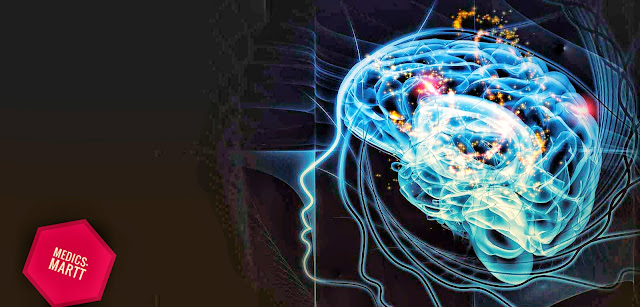Psychology is the study of behavior science and mind. These include biological effects, social pressures, and environmental factors that affect the way people think, act, and feel.
Gaining a deeper and deeper understanding of psychology helps people gain insight into their actions as well as a better understanding of other people.
Psychology is a broad and diverse field that covers the study of human thought, behavior, development, personality, emotions, stimuli, and more. As a result, some different subfields and special locations have emerged. The following are some important areas of research and application in psychology.
Types of Psychology
Abnormal psychology is the study of abnormal behavior and psychopathology. This specialty section focuses on the research and treatment of various mental disorders and is linked to psychiatric treatment and clinical psychology.
Biopsychology studies how biological processes affect the brain and behavior. The area is closely linked to neuroscience and uses tools such as MRI and PET scans to look for brain injuries or brain abnormalities.
Clinical psychology focuses on the diagnosis, diagnosis, and treatment of mental disorders.
Cognitive psychology is the study of the process of human thinking which includes attention, memory, perception, decision making, problem-solving, and language acquisition.
Comparative psychology is a branch of psychology that deals with the study of animal behavior.
Developmental psychology is an area that looks at human development and progress throughout life, including cognitive abilities, ethics, social functioning, identity, and other areas of life.
Forensic psychology is an applied field that focuses on the use of psychological research and principles in legal and criminal justice systems.
Industrial-organizational psychology is a field that uses psychological research to improve work efficiency and select employees.
Personality psychology focuses on understanding how personality develops, as well as patterns of thoughts, behaviors, and traits that make each person unique.
Social psychology focuses on social influences on group behaviors, individual behavior, attitudes, prejudice, harmony, aggression, and related topics.
Physiotherapy:
Physiotherapy (also called physical therapy through WCPT) is a healthcare profession that deals with human functions and mobility as much as possible. It is about identifying and maximizing the quality of life and mobility in the areas of promotion, prevention, treatment/intervention, resettlement, and rehabilitation. Uses a physical approach to promote, maintain, and rehabilitate physical, psychological, and social well-being, taking into account changes in health status. It is based on science, committed to enhancing, implementing, testing, and evaluating evidence that supports its practical practice and delivery. Clinical judgment and the practice of informed interpretation are fundamental.
Examples of the definition of physiotherapy from around the world show that there is a consensus that 'movement' is the basic skill/business of physiotherapy.
What is Human Behavior:
According to a definition; Behavior can be defined as an individual's actions or reactions to external and internal stimuli. To understand a person's behavior, we need to understand what that person will do if something happens.
Approving or abusing human behavior is known as behavioral testing. Many of us judge by the actions of others and the reactions to various stimuli. Behavior is largely influenced by the nature of the person and the nature of the situation.
To learn more about human behavior and to make positive changes in your behavior, you should contact the best psychiatrist or psychologist in your city.
Molecular Behavior: This is an unpredictable behavior that occurs without thinking. An example of this is the sudden closing of the eyes when something is about the eyes.
Moler Behavior: Unlike molecular behavior, this type of behavior occurs after thinking. For example, when a person sees something harmful, he changes his path.
Overt Behavior: This is a visible behavior that can occur outside of humans. Eating, cycling, and playing football are just a few examples.
Covert Behavior: Unlike obvious behavior, this type of behavior is not visible. Thinking is a great example of hidden attitudes because no one can see us thinking.
Volunteerism: This is a type of behavior that depends on the person's desire. We can see walking, speaking, and writing as voluntary attitudes.
Irrational Behavior: Unlike voluntary behavior, this type is natural and deliberate. Breathing air is a perfect example of unnecessary behavior.


Below is enjoy no doubt fabulous. Every one of these mild elements are designed by applying lots of basic foundation focus. I enjoy them all greatly. Diabetes
ReplyDelete